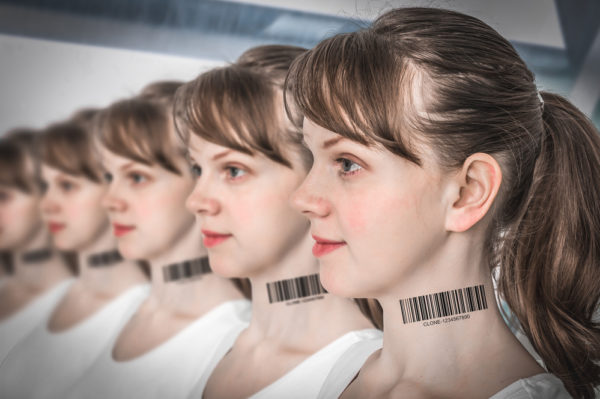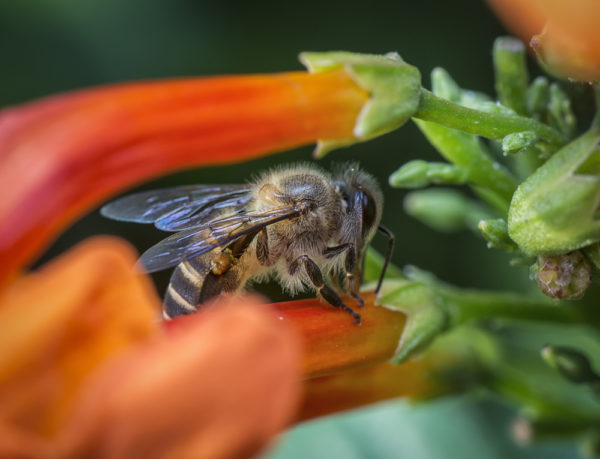What If: Cloning Humans Became Easy and Common?
Every Wednesday, we’re asking a what-if question – how would our world be different if something were changed? Today’s question is from QSFer Scott: Today: What if cloning humans became both easy and common? How would that change the world, for the better and the worse? Live Science has an interesting article on the topic. Share your serious scientific analyses, your off-color jokes, and random thoughts on the topic on our FB and MeWe Groups: FB: http://bit.ly/1MvPABV MeWe: http://bit.ly/2mjg8lf





